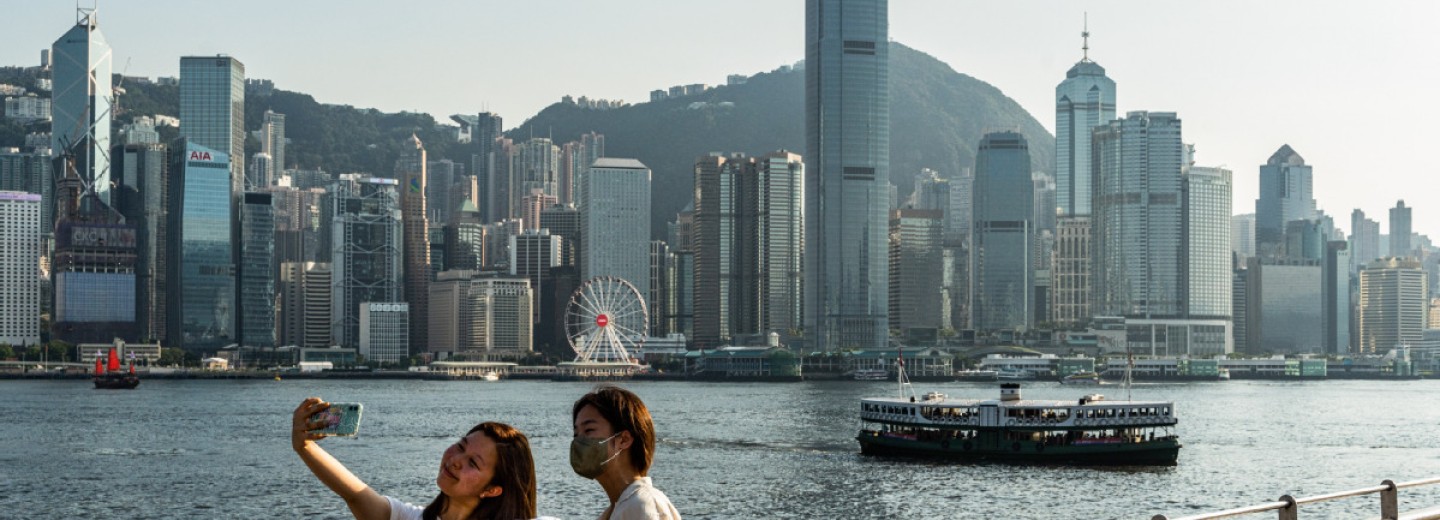What kind of Hong Kong
The media criticise Hong Kong’s governance and security law in many parts of the world. Here is a precis of an interesting article by a ‘Chinese Blogger’ who seems connected to the PRC government, pointing out the need for care when it oversees the Hong Kong Government.
A well-known Chinese blogger, " Jing Hai Hou ", recently published an article entitled "What kind of Hong Kong do we need?" which has attracted much attention from Hong Kong's political and academic circles.
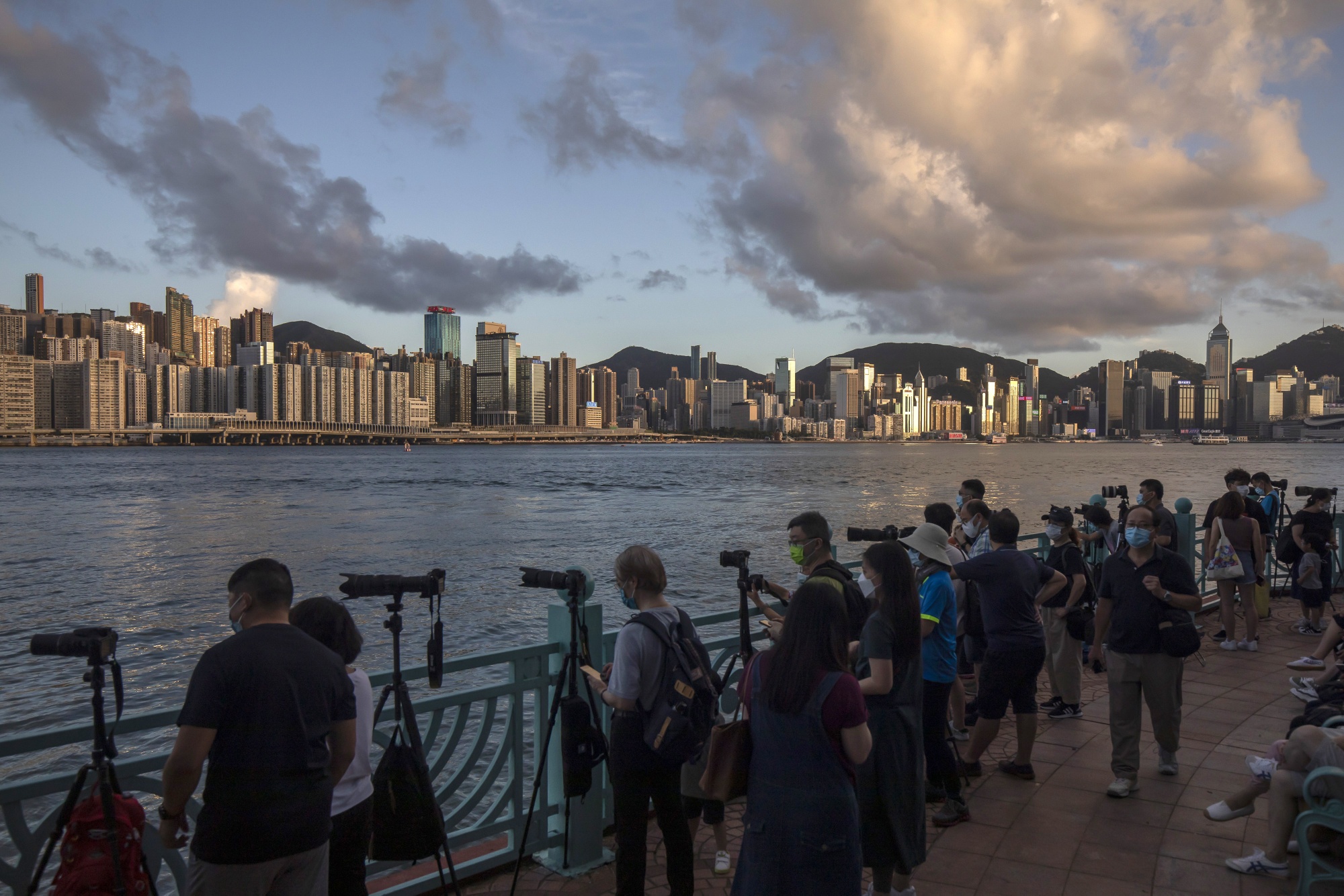
The article begins by pointing out that, on the third anniversary of the implementation of the Hong Kong National Security Law, there are again voices emerging in Hong Kong for the need to maintain Hong Kong's uniqueness.
The article summarises four criteria for measuring Hong Kong's uniqueness: whether personal freedom is guaranteed and sustainable; whether its openness to the outside world is not reducing and is more cautious; whether there are channels for political expression, and they are accessible; and whether the cultural composition of the city is changing and is less ‘Hong Kong’.
The article concludes:
Maintaining Hong Kong's uniqueness' means that those who are here will love her, those who once left will be willing to come back, and those who have not been here will aspire to come ...... is to cherish her, and after clarifying the major rights and wrongs not to give up.
Cheung Chi-kong, President of the Hong Kong One Country Two Systems Research Institute, and member of the Chinese People's Political Consultative Conference, pointed out in an article that Hong Kong should not intentionally "seek differences" to highlight "two systems", but we should not excessively "seek similarities" to promote "two systems" either. Nor should we go too far in "seeking common ground" to promote "one country".
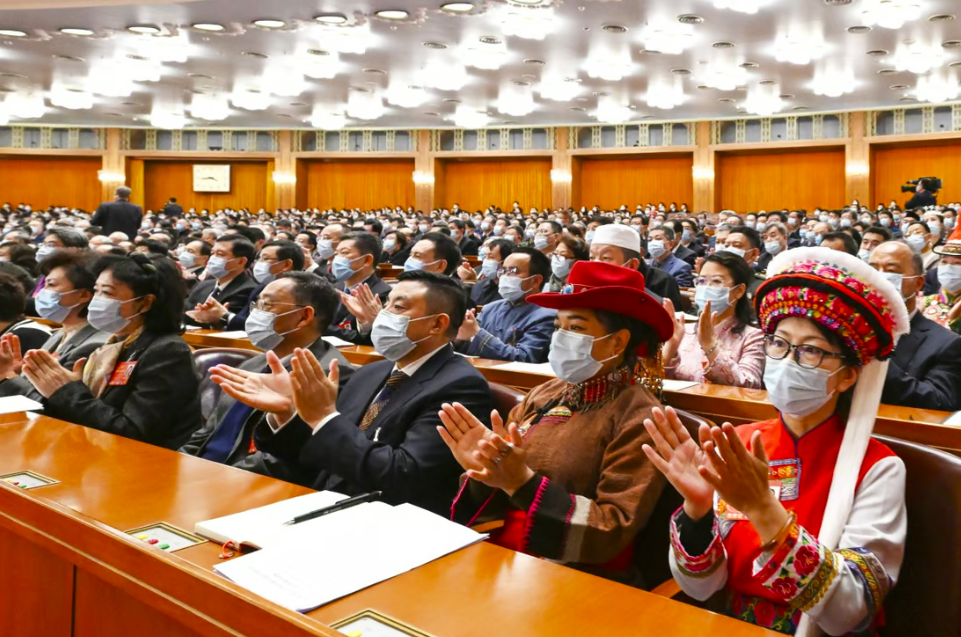
The national committee of the Chinese People’s Political Consultative Conference. Photo: Xinhua
Members of the Hong Kong Executive Council referred to incidents in May this year, in which an education bureau official said that Lu Xun's writings "encouraged students to take to the streets" and asked school libraries to take down books even though they did not violate the national security law. They criticised the government for not being able to distinguish between literary and seditious writings and for causing the public to have unnecessary worries and foreign countries to be concerned. They criticised the Hong Kong Government for failing to distinguish between literature and seditious texts, causing the public excessive fear and giving foreign investors an unfavourable impression of Hong Kong.
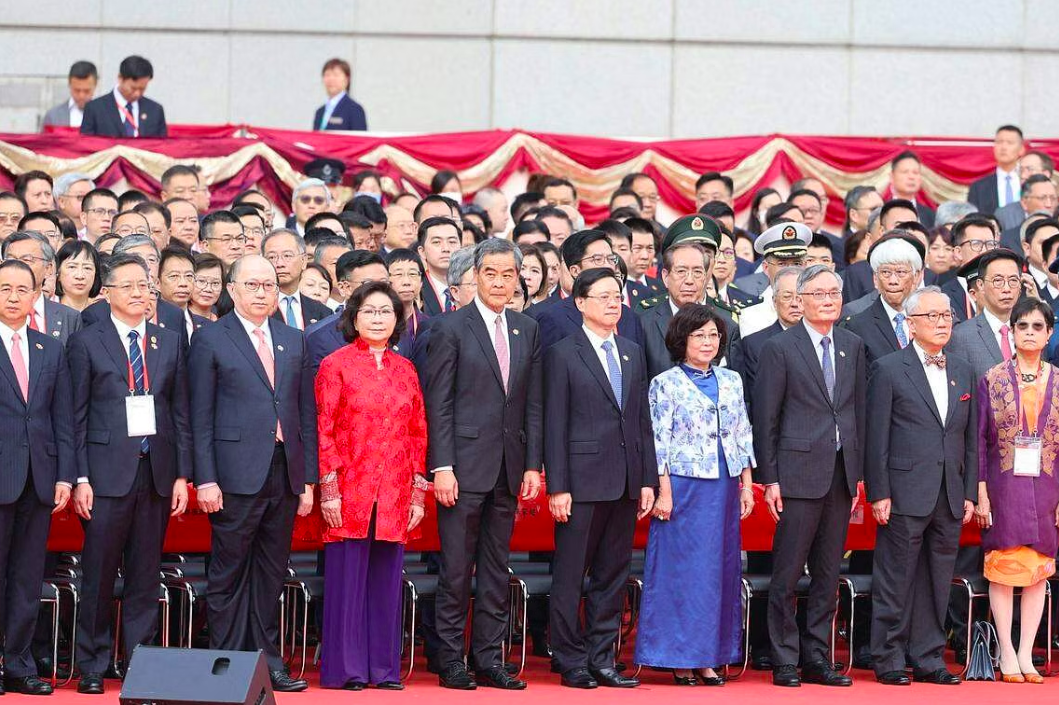
They questioned whether the Hong Kong Government needed to mention the national security law every moment. They criticised the Hong Kong Government for using a more intimidating tone when quoting the national security law, which did not help to alleviate the atmosphere in society.
Some politicians also pointed out that the zero Covid policy, once pursued by Beijing, had been regarded by other politicians in Hong Kong as a "holy decree". Some Members of the Legislative Council even claimed that promoting "coexistence with Covid" violated the national security law.
However, although members of the pro-establishment camp have occasionally spoken out against the overkill in "national security and the rule of law in Hong Kong", they have been cautious in their speeches or articles. While criticising the Hong Kong Government and Hong Kong officials, they have not forgotten to blast the United States for "promoting the 'de-coupling of the two systems'" and "the development of the two systems".
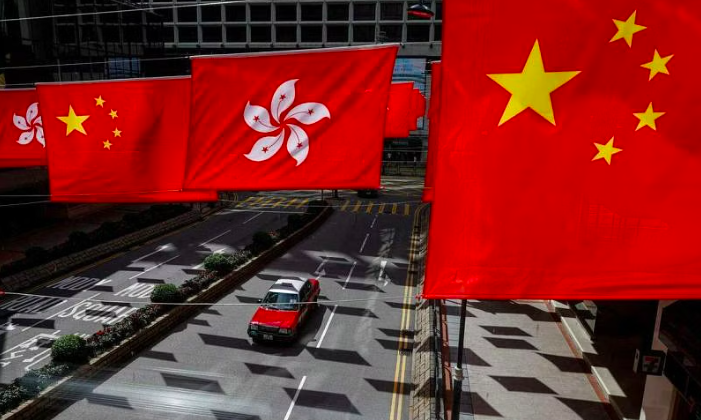
Who is the ‘Jing Hai Hou’?
"Jing Hai Hou" is a WeChat public address that has long focused on social issues in Hong Kong. The author is said to be a Chinese national media reporter based in Hong Kong, but his identity is still a mystery.
However, "Jing Hai Hou" has columns in official media platforms such as Ta Kung Pao, Wen Wei Po and Think Hong Kong, which is close to the Liaison Office of the Central People's Government, and they have repeatedly reprinted his WeChat articles.
What attracts more attention from Hong Kong public opinion is his criticism of government policies and legislators' performance occasionally. For example, his article "Vigorously Oppose the Construction of a "Hong Kong City" in the Mainland", written in January 2021, directly blasted the ability of Hong Kong's pro-establishment camp to discuss political issues. This time, he wrote, "What kind of Hong Kong do we need?" the central theme is still to give full recognition to Beijing's line while severely criticising the pro-establishment camp for not implementing it correctly.
Some scholars believe that the article is the viewpoint of some people in the mainland political elite, representing the debate of the doves and rationalists. They want to put a brake on the current rigid approach to governing Hong Kong. This may have something to do with the loss of Hong Kong's population and talent in recent years, the decline in its international reputation, the economic challenges it is facing, and the interests of politicians and businesspeople in both the mainland and Hong Kong being affected.
The call for a drastic change to the policy is not ruled out.
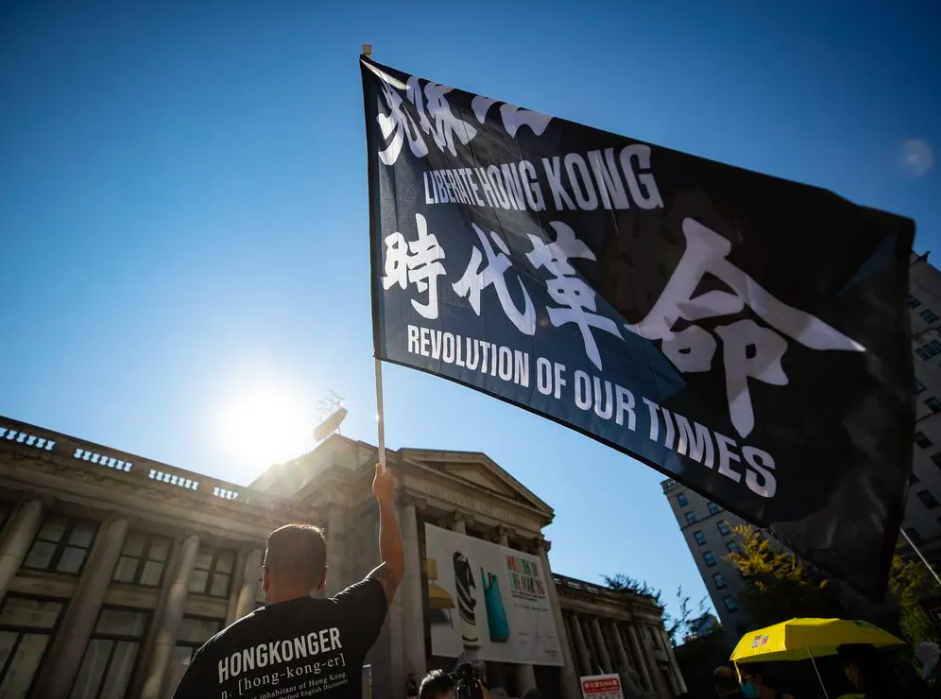
The political and social elite in the patriotic camp may have misgivings about the policy governing Hong Kong. Still, they do not dare to declare them; they think the article speaks for them from the bottom of their hearts. They circulate the article widely in their circle of friends hoping that the report can be a spokesperson for them.
Underneath Chan King-cheung's article, there is a statement added by Ming Pao:
The purpose of the current affairs articles published on this website is to point out the errors or shortcomings of the relevant institutions, policies or measures, to correct or eliminate such mistakes or weaknesses, and improving them through lawful means, and with no intention whatsoever of inciting others to develop hatred, dissatisfaction, or hostility towards the government or any other social groups.
This may also be the two sides of the coin of the "Jing Hai Hou" phenomenon in Hong Kong.
Worked on the article:

Wanlikhang


